When the DM holds the reins, not the dice.
The weakest level one trap can incapacitate a first-level player from full hitpoints but mildly inconvenience a fourth-level character.
For traps that can activate multiple times, you’ll typically want toreduce the damage level by one rank.
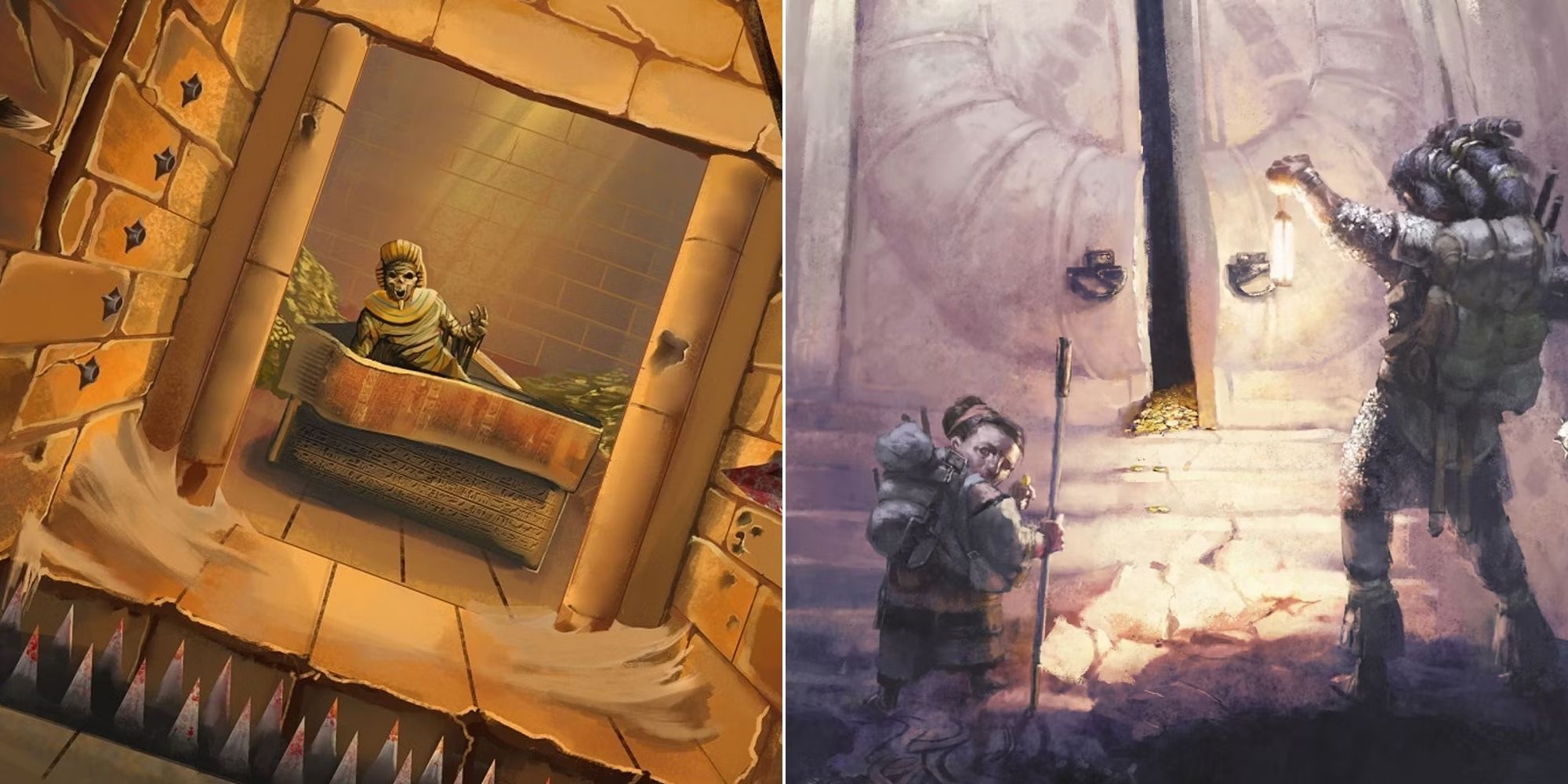
you could keep the save DC and attack bonus of the original rank.
A creature takes 1d4 fire damage each turn start until itmakes a DC10 dexterity check to douse the fire.
Debuff
Aglyph of warding contains a spellsuch as slow or hold person instead of a damaging effect.
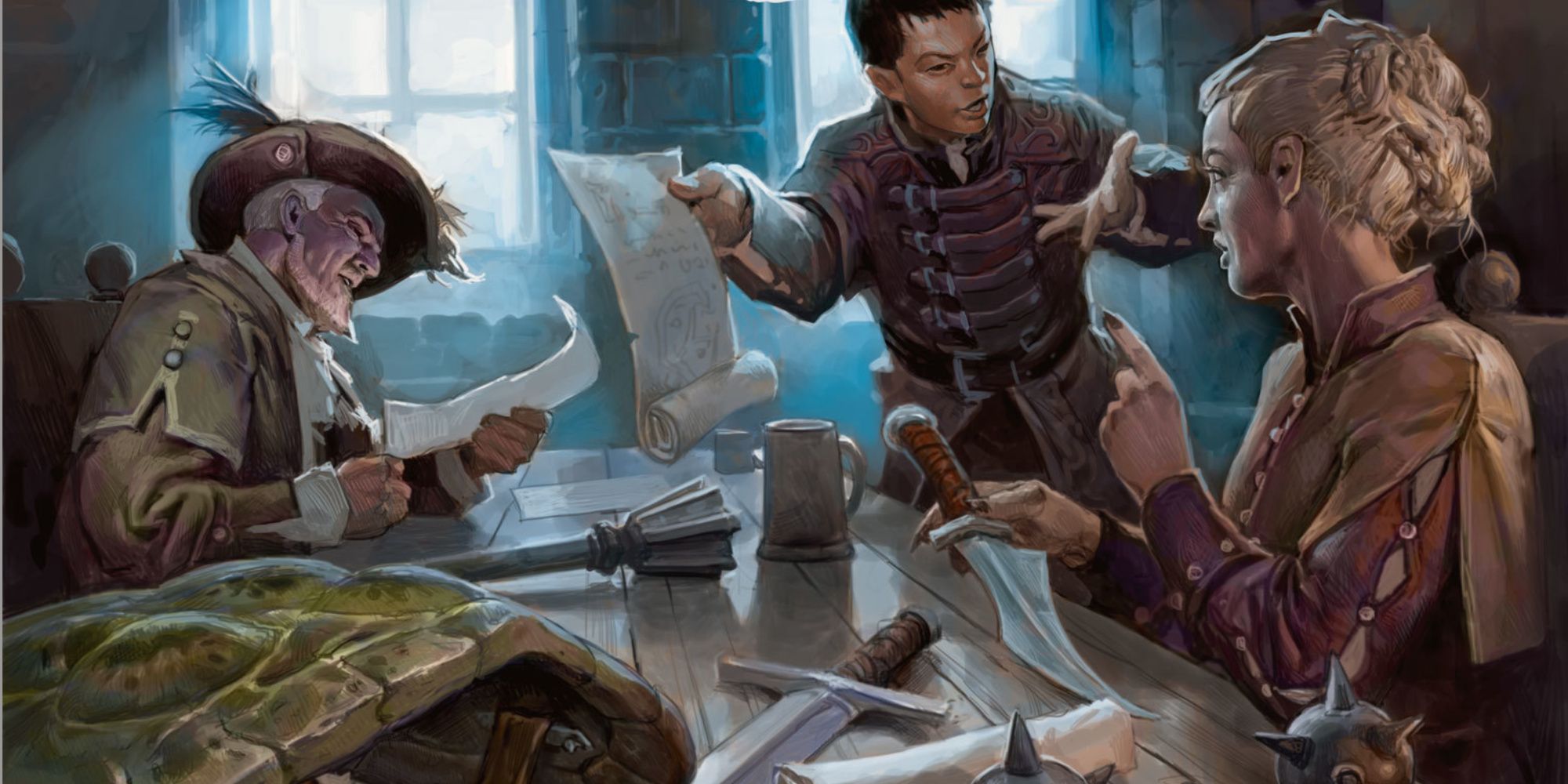
Tiefling and Dwarf Running from Boulder via Wizards of the Coast
Apply the spell effect with thesame saving throw DCs as the glyph creator (but without concentration).
Poisons
Adart trap might be coated in drow poisonor similar toxins.
Apply the samesaving throws and effects listed on the poison.
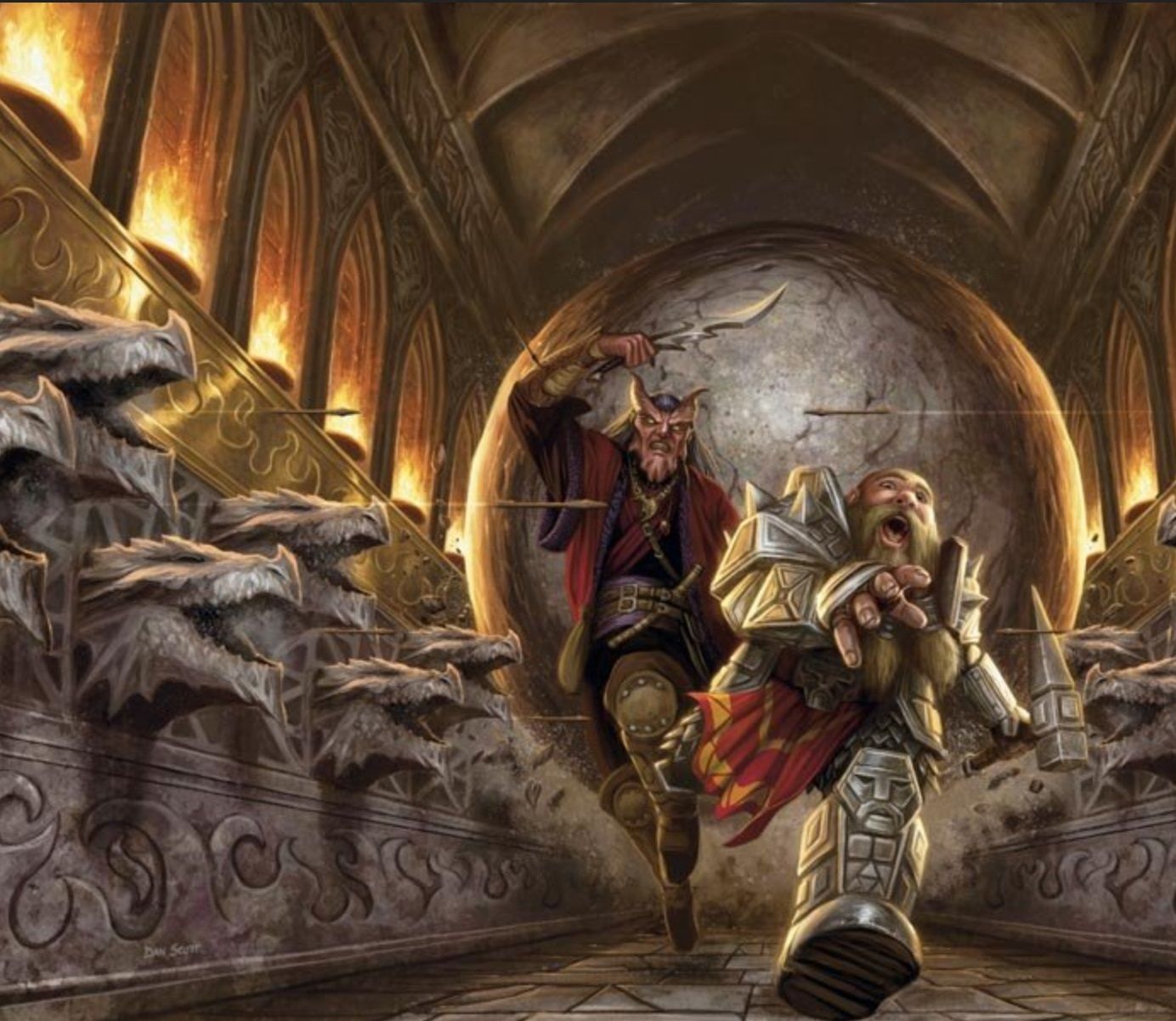
Tiefling and Dwarf Running from Boulder via Wizards of the Coast
Alarm
A tripwire can set off bells orknock over objects to make noise.
Combat initiates after a few moments ifenemies are in range to hear the alarm.
If the party did not detect the trap,they may be surprised.
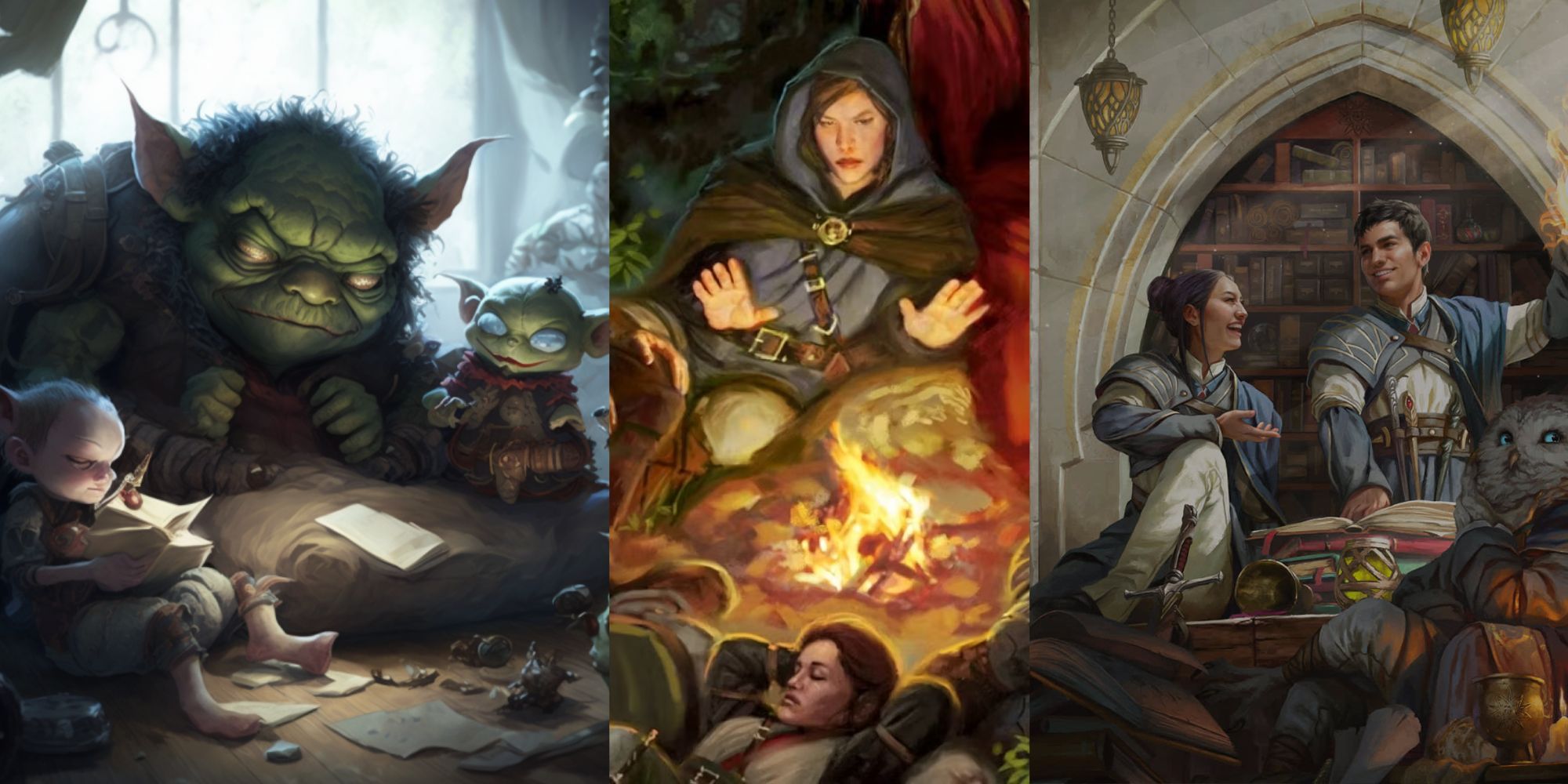
Adjust your ruleset and create new challenges by incorporating gritty realism into your D&D game.
Notify them of any traps found from these rolls.
Traps Only Appear In Combat
Only use traps that interact during and as part of combat.
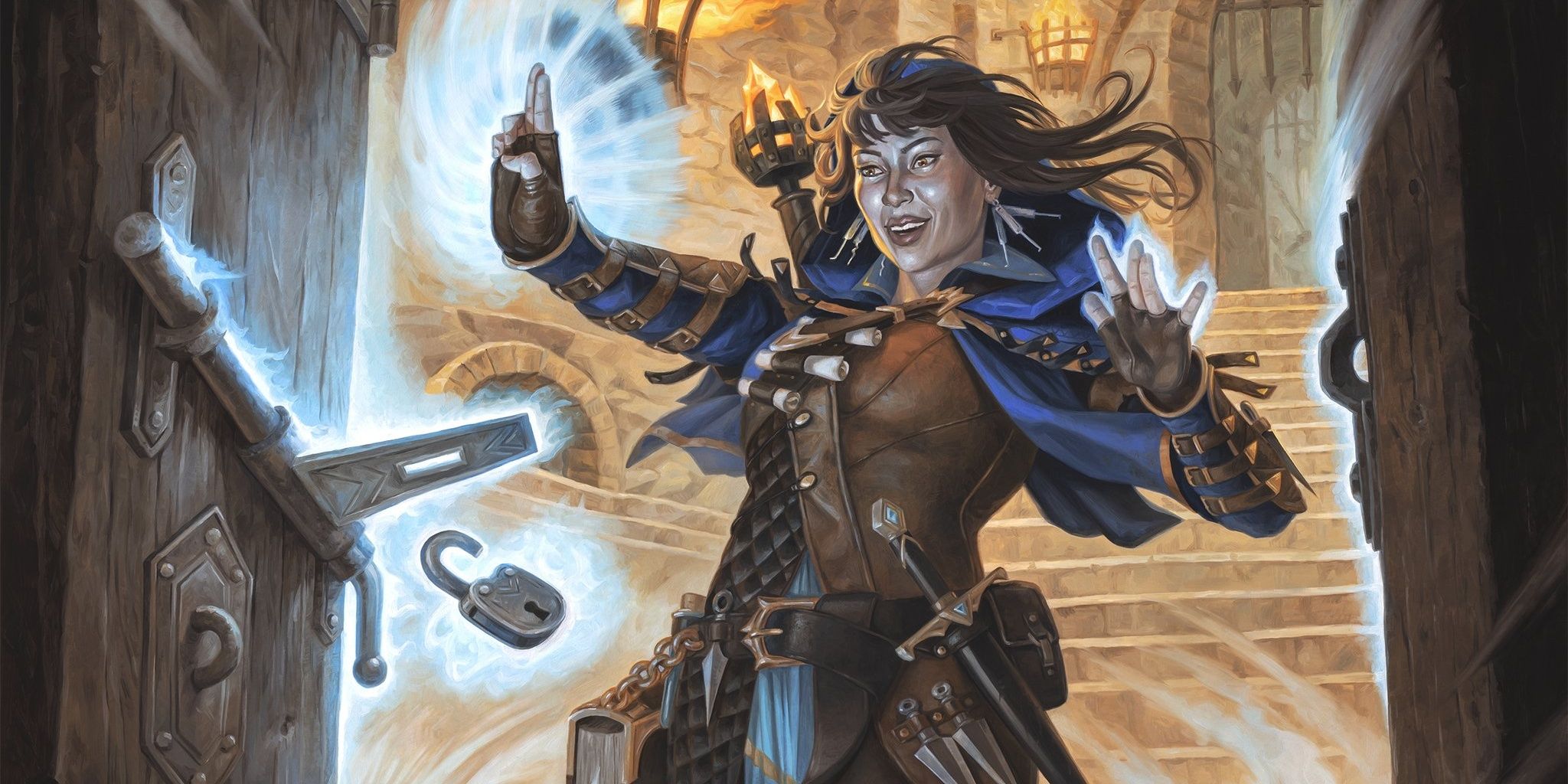
Imoen, Mystic Trickster by Alix Branwyn
During exploration, they are either inactive orthe party is assumed to move slowly and carefullyto not trigger them.
Sometraps might catch enemies in the crossfire, which is entertaining.
This favours the use of more complex trapsthat can be time-consuming to design and implement.
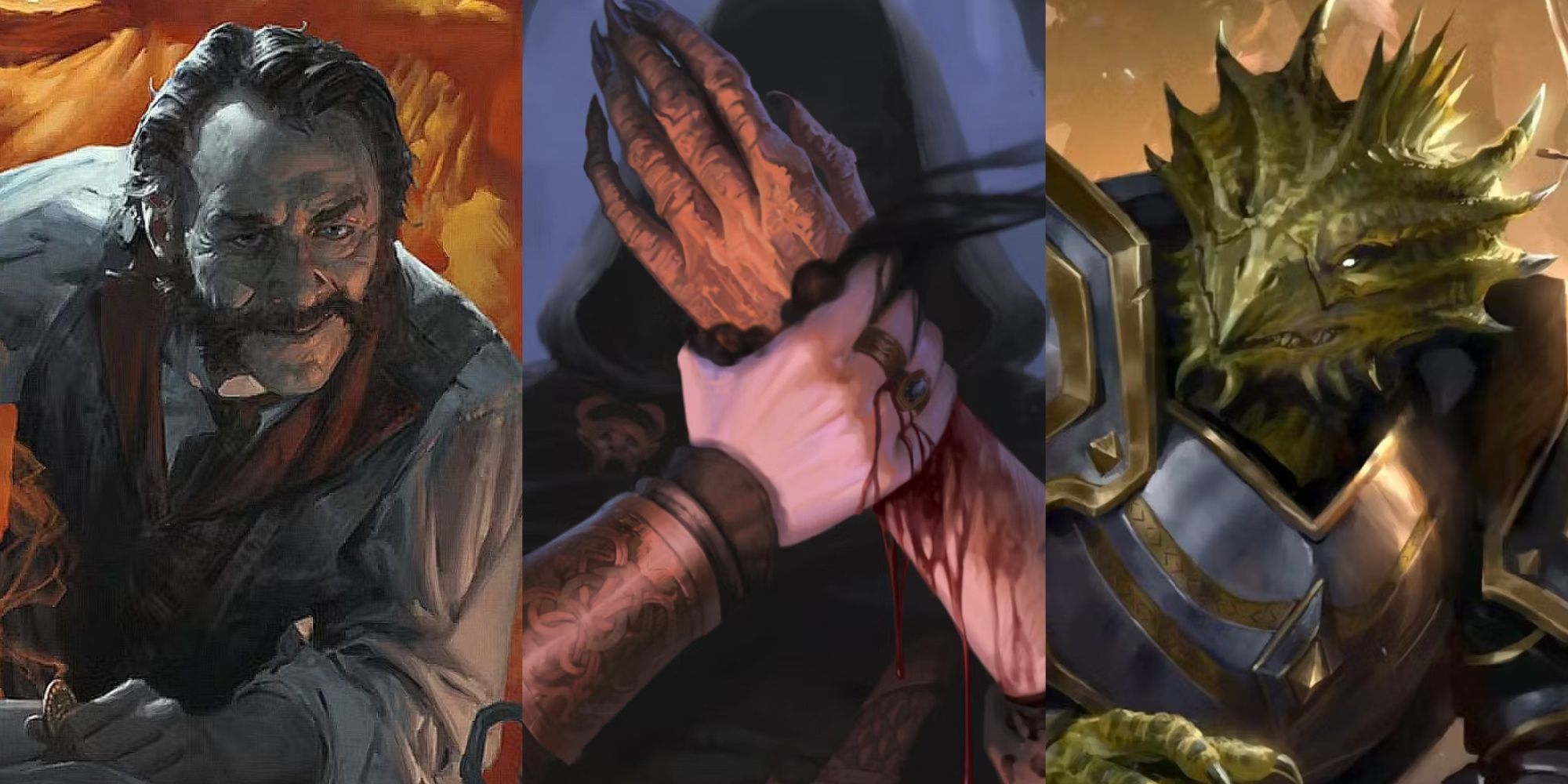
Trap Locations
Effects
Descriptions
Wilderness Ambushes
Snares, pitfalls and othersingle-use traps that limit or restrict movement.
Blends into and may potentially becrafted out of the local environment and foliage.
Urban Ambushes
Glyphs of Warding and other magical traps that can beprogrammed to only target a specific person.

Quick to set up trapslike snares and tripwires, perhaps with afocus on incapacitating instead of killing the target.
A player scouting out the scene ahead of timemight spot the spellcaster setting up these traps.
Most factions willavoid using explosive tripwires in a crowded marketplace, for example.

Dungeons
Complex traps thatdo not need to be reset manually.
Dart traps and spinning blades work well with the aesthetic of a dungeon and can beincorporated into the architecture.
Boss Arenas
Glyphs of Warding that cast haste, protection spells and provide healing to the boss.
Glyphs of Warding allow a prepared combatant toevade the normal limitations on concentration spells.
A smart player mighttake advantage of complex traps by shoving enemies into them.
In Dungeons & Dragons, the DM’s job requires an awful lot of careful note-taking.